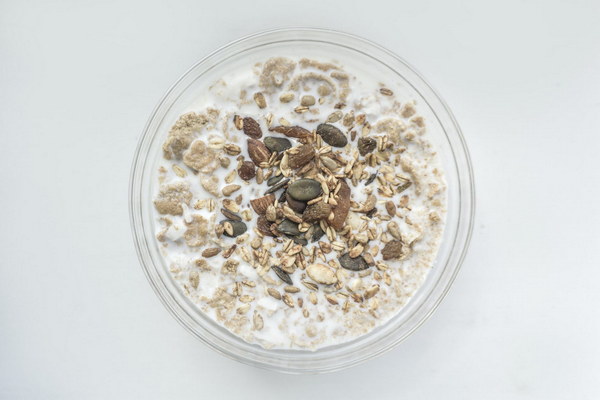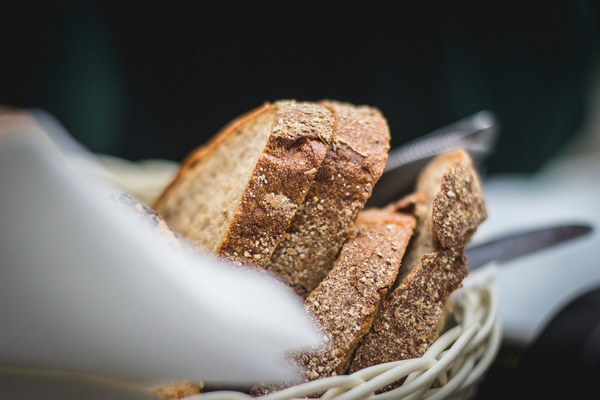Efficient Strategies to Eliminate Dampness How to Battle Body Obesity and Excess Humidity
In the realm of holistic health, the concept of dampness, or dampness in the body, is a traditional Chinese medicine (TCM) term that refers to an imbalance of fluid and moisture in the body. This imbalance is believed to lead to various health issues, including body obesity. If you're struggling with excess weight and suspect dampness might be a contributing factor, here are some effective strategies to eliminate dampness and support weight loss.
Understanding Dampness and Obesity
According to TCM, dampness can accumulate in the body due to poor diet, lack of exercise, and a general inability to process fluids properly. This can lead to weight gain, particularly in the abdominal area, as dampness is often associated with water retention and bloating. By addressing dampness, you can improve your metabolism and promote weight loss.
1. Diet: The Foundation of Dampness Elimination
A diet that reduces dampness is crucial. Here are some dietary tips:
- Reduce Intake of Dampening Foods: Foods that are considered dampening include dairy products, cold drinks, and overly sweet or greasy foods. These can exacerbate dampness and lead to weight gain.
- Incorporate Warming Foods: Foods that are warming and drying can help eliminate dampness. These include ginger, garlic, onions, and turmeric. They can be added to soups, stews, and teas.
- Increase High-Protein Foods: High-protein foods such as lean meats, fish, eggs, and legumes help to build muscle and increase metabolism.
- Fiber-Rich Foods: High-fiber foods like fruits, vegetables, and whole grains can help to eliminate excess dampness through increased bowel movements.

2. Exercise: The Catalyst for Dampness Release
Physical activity is essential for managing dampness and weight loss. Here are some exercise suggestions:
- Cardiovascular Exercise: Activities such as walking, running, cycling, or swimming can help to increase circulation and eliminate dampness through sweat.
- Strength Training: Building muscle mass can improve metabolism and help the body burn more calories at rest.
- Yoga and Tai Chi: These practices focus on breath and movement, which can help to balance the body's fluids and reduce dampness.
3. Lifestyle Adjustments
Lifestyle changes can significantly impact dampness and weight management:
- Regular Sleep: Ensure you get enough quality sleep, as lack of sleep can lead to hormonal imbalances that contribute to weight gain and dampness.
- Reduce Stress: Chronic stress can lead to the accumulation of dampness. Techniques such as meditation, deep breathing, and mindfulness can help manage stress levels.
- Stay Hydrated: Drink plenty of water throughout the day to support kidney function and help eliminate dampness through urine.
4. Herbs and Supplements
Certain herbs and supplements can support the elimination of dampness:
- Dandelion: Known for its diuretic properties, dandelion can help reduce water retention.
- Cinnamon: This spice can help regulate blood sugar levels and boost metabolism.
- Green Tea: A natural diuretic, green tea can aid in weight loss and the elimination of dampness.
5. Acupuncture and TCM Treatments
Acupuncture and other TCM treatments can help to balance the body's energy and reduce dampness. A licensed practitioner can provide a tailored treatment plan that may include herbal remedies, dietary advice, and other therapeutic techniques.
In conclusion, eliminating dampness and managing body obesity requires a multi-faceted approach that includes dietary changes, regular exercise, lifestyle adjustments, and possibly the use of natural remedies and TCM treatments. By taking these steps, you can work towards a healthier, more balanced body.









